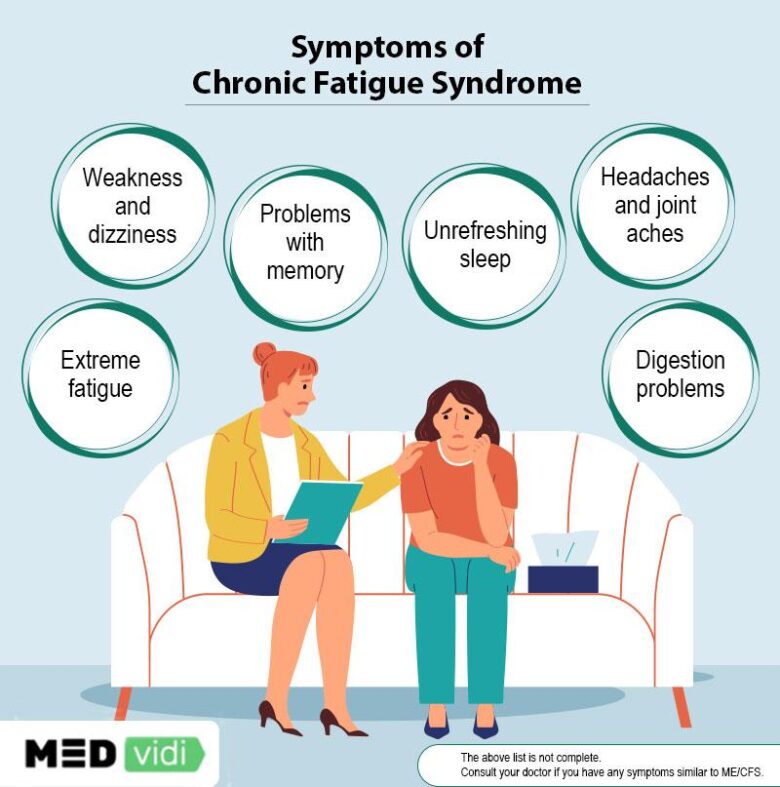In the vast landscape of health and wellness, chronic fatigue stands out as a complex and often misunderstood condition. It affects countless individuals, casting a shadow over daily life and muddying the clarity of both physical and mental vitality. As researchers delve deeper into the complexities of energy production and hormonal balance, one particular avenue of exploration has gained traction: testosterone therapy. Traditionally associated with male vitality and strength, testosterone’s role in energy levels and overall well-being transcends gender, sparking conversations and interest from a diverse range of individuals experiencing fatigue. This article will navigate the intersection of testosterone therapy and chronic fatigue, examining the science, potential benefits, and considerations for those seeking a solution to their persistent exhaustion. Join us as we unravel the nuances of this therapy and its implications for revitalizing a life overshadowed by fatigue.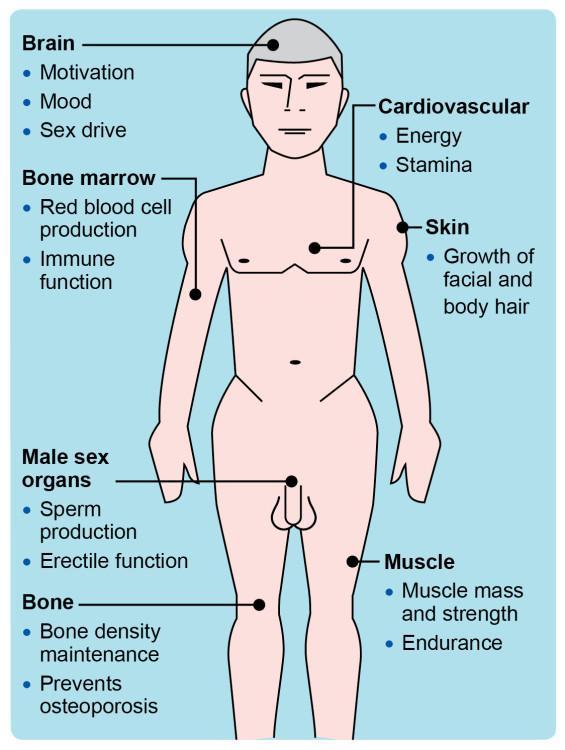
Understanding Chronic Fatigue and Its Impact on Daily Life
Chronic fatigue can profoundly alter everyday life, presenting challenges that extend far beyond mere exhaustion. Those affected often grapple with a persistent sense of tiredness, which may lead to significant declines in productivity and social engagement. Daily tasks that were once routine, such as personal care, household chores, or even work obligations, can become taxing, resulting in a cycle of frustration and isolation. This overwhelming fatigue can also impair cognitive functions, making it difficult to concentrate, retain information, or communicate effectively with others, all of which are crucial for maintaining relationships and fulfilling responsibilities.
One emerging treatment option for chronic fatigue that has gained attention is testosterone therapy, particularly for individuals who may have low testosterone levels contributing to their symptoms. Research indicates that adequate testosterone can play a role in improving energy levels, enhancing mood, and promoting overall well-being. Many patients report not only an increase in physical energy but also an uplift in motivational and psychological states, which in turn can help combat the social withdrawal often felt by those dealing with chronic fatigue. Through careful monitoring and individualized treatment plans, testosterone therapy may serve as a pivotal component in restoring balance and vitality to those affected by chronic fatigue.
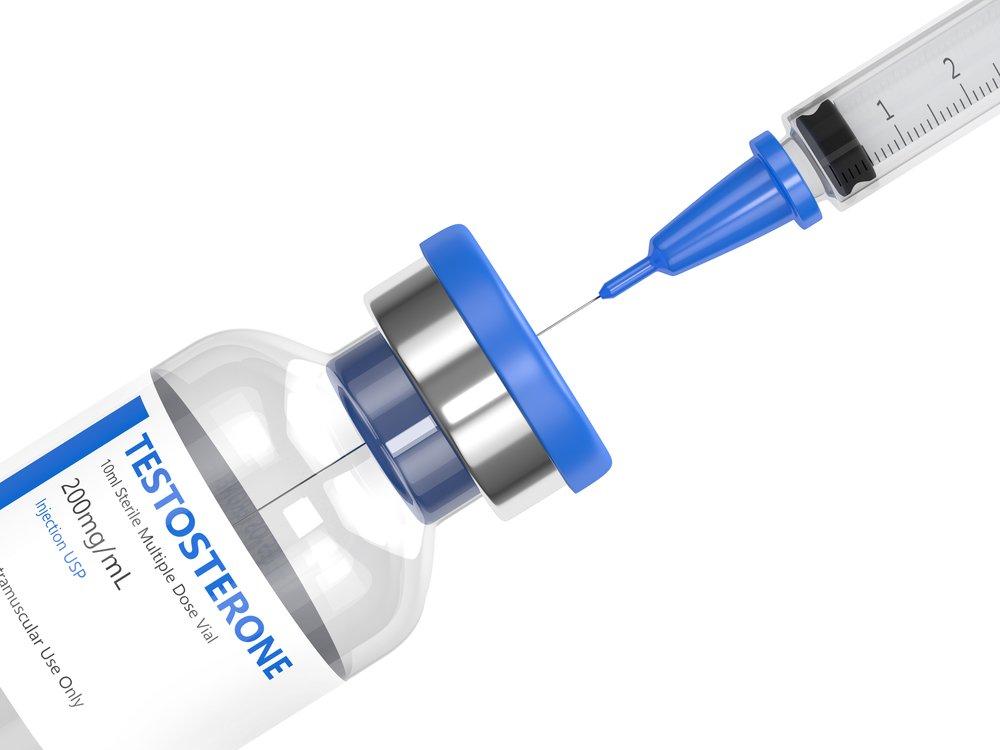
Exploring the Role of Testosterone in Energy Levels
Testosterone, often regarded as a male hormone, plays a crucial role in energy metabolism for both men and women. It’s not merely involved in muscle mass and libido; its influence extends to overall vitality and endurance. *Low testosterone levels* can lead to a cascade of symptoms associated with fatigue, resulting in decreased motivation and physical performance. Individuals experiencing chronic fatigue may benefit significantly from examining their testosterone levels, as restoring this hormone can rejuvenate energy levels, improve mood, and enhance cognitive function.
The relationship between testosterone and energy levels can be summarized as follows:
- Increased Muscle Mass: Higher testosterone levels promote muscle growth, contributing to improved physical strength.
- Enhanced Fat Oxidation: Testosterone aids in the body’s ability to burn fat efficiently, potentially leading to increased energy availability.
- Improved Sleep Quality: Adequate testosterone levels can have a positive effect on sleep patterns, facilitating restorative rest.
- Mood Regulation: Testosterone may help mitigate feelings of fatigue-related irritability and depression.
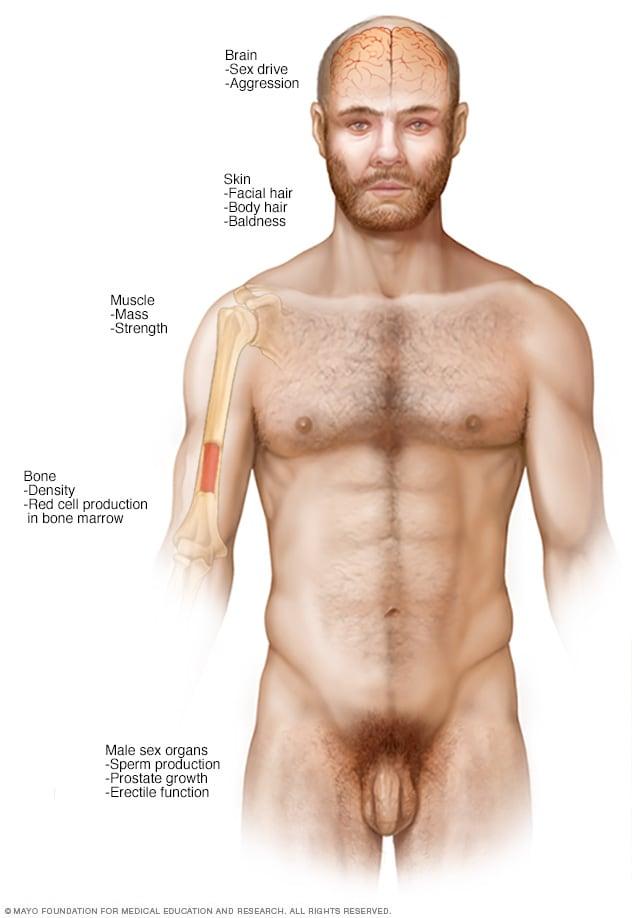
Signs That Might Indicate Testosterone Deficiency
Identifying the signs of testosterone deficiency is crucial for understanding whether testosterone therapy could alleviate chronic fatigue. Many individuals experiencing low testosterone levels report a range of physical and psychological symptoms that can significantly impact their quality of life. Common indicators include:
- Persistent Fatigue: An overwhelming sense of tiredness that doesn’t improve with rest.
- Reduced Muscle Mass: Noticeable decrease in muscle strength and mass despite regular exercise.
- Low Libido: Diminished interest in sexual activity, which is often accompanied by erectile dysfunction.
- Mood Changes: Increased feelings of sadness, irritability, or anxiety.
- Sleep Disturbances: Issues with falling asleep or staying asleep, leading to further fatigue.
Furthermore, specific physical changes may manifest as a result of low testosterone levels. It’s essential to pay attention to the following signs, as they can serve as important clues when considering testosterone therapy:
| Physical Change | Description |
|---|---|
| Body Fat Increase | Unexplained weight gain, especially around the abdomen. |
| Hair Loss | Thinning of body hair or changes in hair growth patterns. |
| Bone Density Issues | Increased risk of fractures due to weaker bones. |
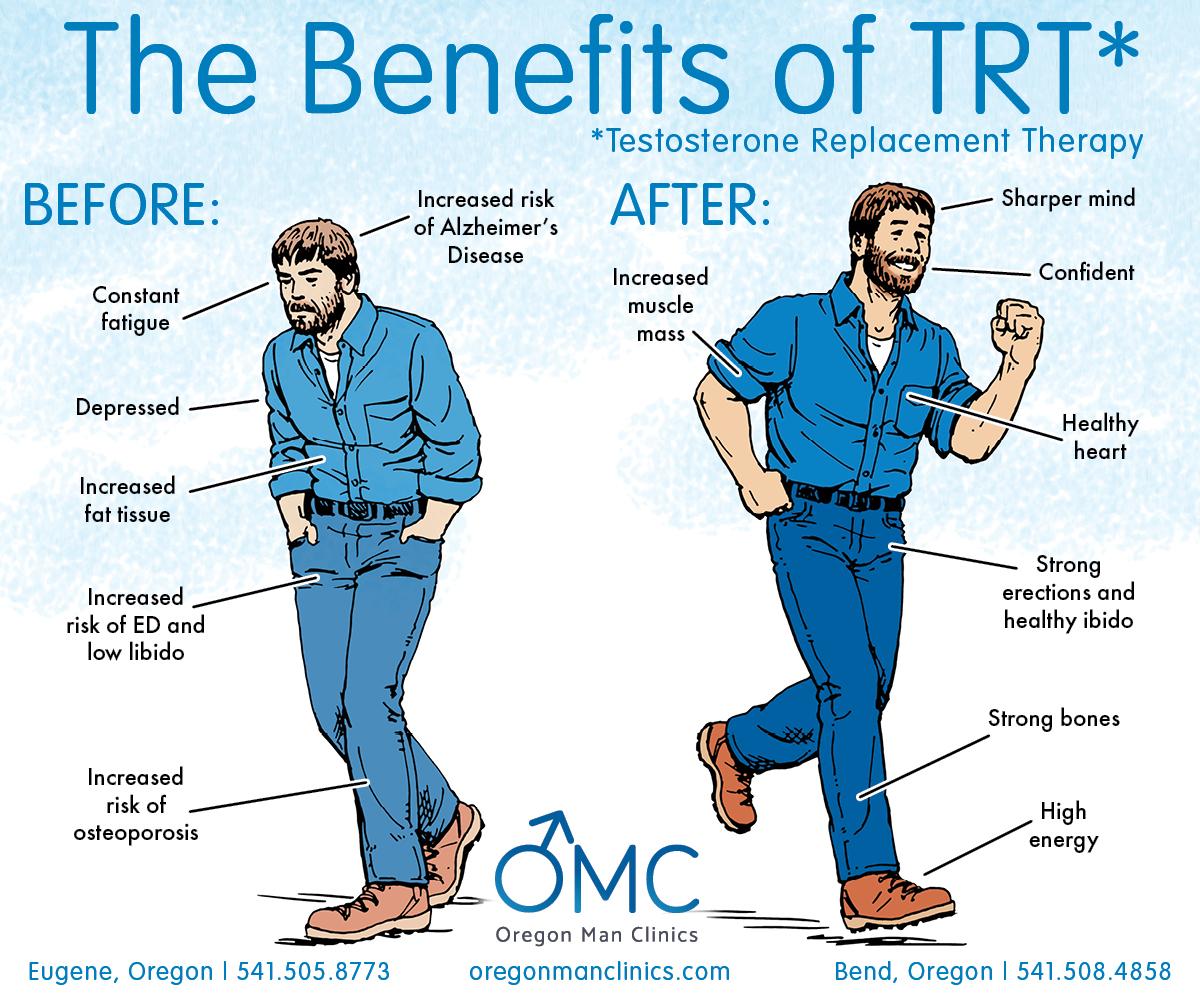
The Benefits and Risks of Testosterone Therapy
Testosterone therapy can offer several potential benefits for individuals experiencing chronic fatigue, particularly when low testosterone levels are identified as a contributing factor. Enhanced energy levels, improved mood, and increased muscle strength are among the most commonly reported advantages. Patients may also notice heightened libido and improved cognitive function, which can further alleviate feelings of fatigue. Here are some expected benefits:
- Boosted energy and reduced fatigue
- Improved emotional well-being
- Increased physical strength and stamina
- Enhanced cognitive clarity
Despite these potential benefits, testosterone therapy is not without its risks. It is essential to consider possible side effects, which may include increased risk of cardiovascular issues, mood swings, and hormonal imbalances. Furthermore, testosterone therapy may lead to complications like sleep apnea and an elevated red blood cell count. It is vital for individuals to consult healthcare professionals to assess their unique circumstances and weigh these risks against the potential benefits. Critical risks of testosterone therapy include:
- Cardiovascular complications
- Mood instability, including aggression
- Sleep disturbances
- Potential for elevated red blood cell levels
Assessing Candidates for Testosterone Treatment
Evaluating potential candidates for testosterone therapy involves a comprehensive approach to ensure safety and effectiveness. Initial assessments typically include a thorough medical history, followed by physical examinations and laboratory tests. Healthcare professionals may focus on identifying symptoms such as:
- Low energy levels
- Decreased muscle mass
- Reduced libido
- Mood changes
Additionally, blood tests to measure serum testosterone levels are crucial, preferably conducted in the morning when testosterone peaks. This multifaceted evaluation ensures that any underlying conditions, such as hypogonadism or other hormonal imbalances, are identified and addressed before commencing therapy.
Furthermore, it’s essential to consider contraindications for testosterone therapy to mitigate risks. A thorough review might include:
- Prostate conditions (e.g., prostate cancer)
- Cardiovascular health (e.g., history of heart attacks)
- Sleep apnea
- Liver or kidney disease
This assessment informs ongoing monitoring and allows clinicians to tailor the treatment to the individual’s needs. Regular follow-ups will include adjustments to dosage and continuous evaluation of testosterone levels and patient-reported outcomes to optimize overall health and well-being.
Integrating Lifestyle Changes to Enhance Therapy Outcomes
Integrating complementary lifestyle changes alongside testosterone therapy can significantly amplify the benefits experienced by individuals dealing with chronic fatigue. Adopting a multifaceted approach can create a more conducive environment for healing and rejuvenation. Key adjustments might include:
- Nutrition: Consuming a balanced diet rich in healthy fats, protein, and whole grains can help optimize hormone production.
- Physical Activity: Engaging in regular exercise, particularly resistance and aerobic training, can boost energy levels and enhance overall health.
- Sleep Hygiene: Prioritizing consistent, restful sleep can significantly improve energy recovery and mental clarity.
- Stress Management: Techniques such as mindfulness, yoga, or meditation can lower cortisol levels, promoting a healthier hormonal balance.
Additionally, tracking and adapting these lifestyle choices over time can lead to a more personalized therapy experience. Below is a simple table to help visualize the direct benefits of combining testosterone therapy with lifestyle changes:
| Aspect | Benefit |
|---|---|
| Nutrition | Enhanced hormone support and energy |
| Exercise | Improved muscle strength and stamina |
| Sleep | Better recovery and cognitive function |
| Stress Reduction | Lowered fatigue and improved mood |
Navigating the Ongoing Research and Future Trends in Hormone Therapy
As research continues to unfold, the landscape of testosterone therapy is evolving, particularly in its application for chronic fatigue. Emerging studies highlight the potential benefits of restoring testosterone levels in those suffering from fatigue-related disorders. A multifaceted approach, integrating lifestyle changes, nutrition, and hormone therapy, seems paramount. Recent investigations suggest that:
- Improved Energy Levels: Patients have reported noticeable enhancements in energy and vitality post-therapy.
- Enhanced Mood: Testosterone therapy may contribute to reductions in depressive symptoms, further combating fatigue.
- Better Sleep Quality: Improved testosterone levels often correlate with more restorative sleep patterns.
Future trends in research are likely to focus on personalized hormone therapy, tailoring treatments to individual hormonal profiles. Moreover, advancements in delivery methods, such as transdermal patches and implants, are expected to enhance patient compliance and effectiveness. Ensuing studies may also explore the following:
| Focus Area | Potential Outcomes |
|---|---|
| Long-term Effects | Understanding sustained impacts on health and fatigue levels. |
| Combination Therapies | Evaluating effectiveness when used alongside other treatments. |
Q&A
Q&A: Exploring Testosterone Therapy for Chronic Fatigue
Q: What is testosterone therapy, and how can it help with chronic fatigue?
A: Testosterone therapy involves administering testosterone to individuals who have low levels of this hormone. Chronic fatigue can sometimes be linked to low testosterone levels, leading to symptoms such as tiredness, muscle weakness, and mood disturbances. Some individuals may find that testosterone therapy helps alleviate these symptoms, potentially increasing energy levels and overall well-being.
Q: Who might benefit from testosterone therapy for chronic fatigue?
A: Men and women who experience chronic fatigue alongside symptoms of low testosterone—such as decreased libido, mood swings, and muscle weakness—may benefit from this therapy. However, it’s essential for individuals to undergo proper evaluation and testing to determine whether low testosterone is contributing to their fatigue.
Q: Are there risks associated with testosterone therapy?
A: Like any treatment, testosterone therapy carries risks. Some potential side effects include elevated blood pressure, increased risk of blood clots, and changes in mood. Men may also risk developing prostate issues, while women could face hormonal imbalances. It’s crucial to discuss these risks with a healthcare provider and weigh them against the potential benefits.
Q: How is testosterone therapy administered?
A: Testosterone therapy can be delivered in several ways, including injections, transdermal patches, gels, or pellets. The chosen method depends on individual preferences, the advice of the healthcare provider, and the specifics of the case. Each method may have different dosing schedules and absorption rates.
Q: How long does it take to see results from testosterone therapy?
A: Patients may notice some improvements within a few weeks, while others might take a few months to fully experience the benefits of testosterone therapy. Energy levels, mood, and other symptoms of chronic fatigue can gradually improve, but it’s important to have realistic expectations and to maintain ongoing communication with a healthcare professional.
Q: Can lifestyle changes also help alleviate chronic fatigue?
A: Absolutely! Alongside testosterone therapy, lifestyle modifications can play a significant role in combating chronic fatigue. Regular exercise, a balanced diet, good sleep hygiene, and stress management techniques can all contribute to increased energy levels and an enhanced sense of well-being.
Q: Are there alternative treatments for chronic fatigue besides testosterone therapy?
A: Yes, various treatments exist depending on the underlying causes of chronic fatigue. Options might include cognitive-behavioral therapy, lifestyle interventions, medications for underlying conditions, or supplements. A comprehensive approach tailored to individual needs is often most effective.
Q: Is testosterone therapy suitable for everyone with chronic fatigue?
A: No, testosterone therapy isn’t a one-size-fits-all solution. It’s important that individuals undergo thorough testing and evaluation before starting therapy. Factors such as age, health history, and specific symptoms will guide healthcare providers in determining appropriateness and the best course of action.
while testosterone therapy may offer benefits for some individuals with chronic fatigue, it’s vital to approach treatment holistically and consider both medical and lifestyle interventions for optimal results. If you’re grappling with fatigue, consult a healthcare provider to explore potential causes and determine the best path forward tailored to your needs.
In Summary
As we draw the curtain on our exploration of testosterone therapy for chronic fatigue, it is essential to remember that the journey toward vitality is often a personal one, marked by a myriad of factors. While testosterone therapy may offer a glimmer of hope for some, it is paramount to approach this option with caution and professional guidance. The nuances of individual health, hormonal balance, and lifestyle must all be considered in tandem with any treatment plan.
In the quest for energy and renewal, we must embrace a holistic view that integrates medical insight, personal wellness practices, and an understanding of one’s own body. Whether through hormone therapy, lifestyle adjustments, or alternative therapies, the path to overcoming chronic fatigue is illuminated by knowledge and informed choices. As research continues to unfold, staying connected with healthcare providers and engaging in communities of support can pave the way for a brighter, more vibrant future. After all, reclaiming your energy is not just about managing symptoms but rediscovering the joy of living fully and authentically.

